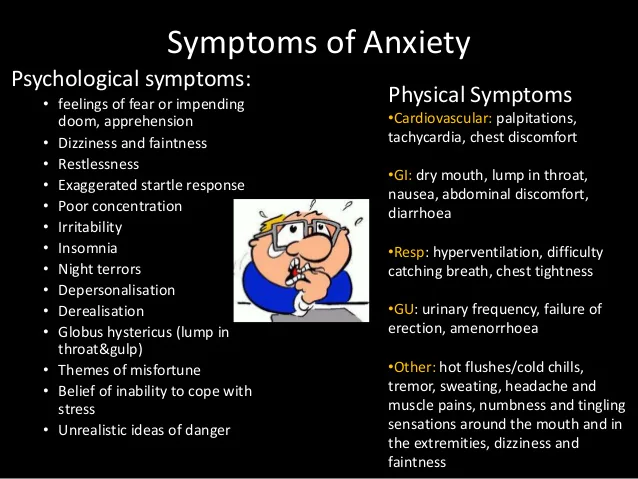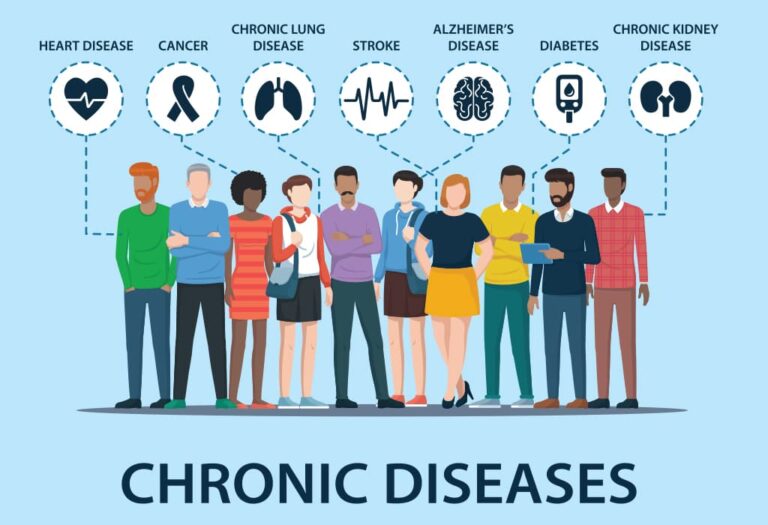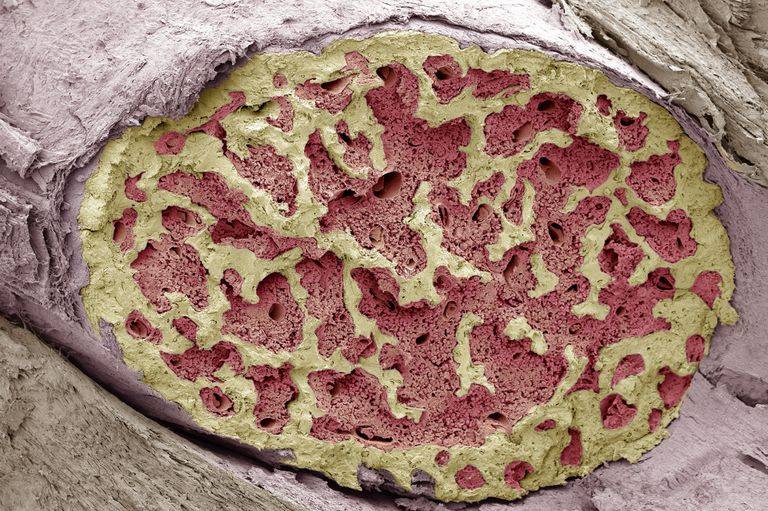Anxiety Disorder and what to know about.
Author: Giselle Robel
Giselle Robel
Category: Health

Anxiety is a normal emotion. Alerting you of possible danger ahead. Furthermore, it's your brain's way of reacting to stress.
Everyone feels worried now and then. Whenever we faced a problem at work, before taking a test, or before making an important decision.
But anxiety disorders are different. Moreover, it is a mental illness that causes constant and excessive worry and fear.
And, it can also make you avoid work, school, family get-togethers, and other social situations that might trigger or worsen your symptoms.
In addition to that, this disorder is the most common form of emotional disorder and can affect anyone at any age.
Types of Anxiety Disorders
- Generalized anxiety disorder – involving excessive, long-lasting anxiety and worries about nonspecific life events, objects, and situations.
- Panic disorder – Brief or sudden attacks of intense terror.
- Social anxiety disorder. Or social phobia -This is a fear of negative judgment from others in social situations or of public embarrassment.
- Specific phobias – This is an irrational fear of a particular object or situation.
- Agoraphobia – It’s a fear of places, events, or situation from which it may be difficult to escape.
- Separation anxiety – High level of fear of separation from a person or place that provides a feeling of security or safety.
- Selective mutism -It may be an extreme form of social phobia in which they are not able to speak in certain places or contexts, such as school, even though they may have excellent verbal communication skills around familiar people.
- Medication-induced anxiety disorder. Use of certain medications or illegal drugs can trigger some of the symptoms.
Anxiety Symptoms
The main symptom of anxiety disorders is excessive fear or worry.
Common symptoms are the following:
- First, Panic, fear, and uneasiness
- Secondly, Sleep problems
- Not being able to stay calm and still
- Cold, sweaty, numb, or tingling hands or feet
- Shortness of breath
- Breathing faster and more quickly than normal (hyperventilation)
- Heart palpitations
- Dry mouth
- Nausea
- Tense muscles
- Dizziness
- Thinking about a problem over and over again
- Inability to concentrate
Causes
The causes of anxiety disorders are complicated.
Possible causes include:
- stressful environment, such as difficulties at work, relationship problems
- genetic or hereditary
- Medical factors, such as the symptoms of a different disease.
- effects of a medication, or the stress of an intensive surgery or prolonged recovery
- withdrawal from an illegal substance
Treatments
Treatments will consist of a combination of psychotherapy, behavioral therapy, and medication.
And Also, medications that are typically used include antidepressants and sedatives.
They work to balance brain chemistry, prevent episodes of anxiety.
Another thing is lifestyle changes can be an effective way to relieve some of the stress and overcome it every day.
Natural remedies consist of caring for your body, participating in healthy activities, and end unhealthy ones are important
These include the following:
- getting enough sleep
- meditating
- eating a healthy diet
- staying active and working out
- avoiding alcohol
- avoiding caffeine
- quit smoking cigarettes
Outlook
An anxiety disorder develops when a reaction becomes exaggerated or out-of- proportion to the trigger that causes it.
There are several types of anxiety disorder, including panic disorder, phobias, and social anxiety.
However, treatment involves a different type of therapy, medication, and counseling, alongside self-help measures.
Above all, an active lifestyle with a balanced diet can help keep anxious emotions within healthy limits.













